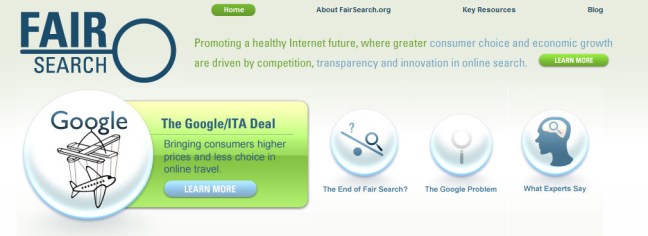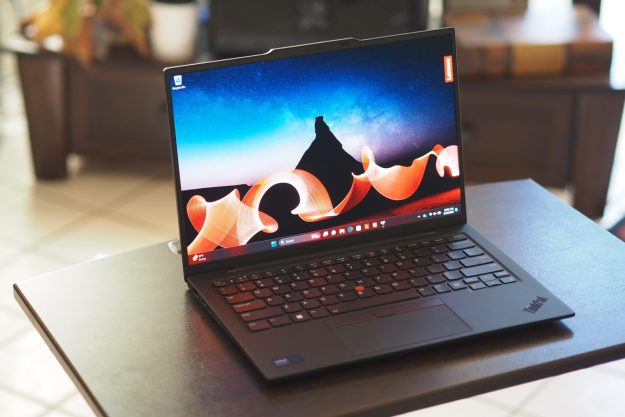 After announcing its plans this summer to acquire flight booking software company ITA, Google has incurred the wrath of travel websites, including Expedia, Hotwire, Kayak, and Travelocity. The collaboration has been complicated for Google from the get-go, with opposition not only from its would-be online travel competitors, but also from the US Justice Department. But what Google wants, Google usually gets.
After announcing its plans this summer to acquire flight booking software company ITA, Google has incurred the wrath of travel websites, including Expedia, Hotwire, Kayak, and Travelocity. The collaboration has been complicated for Google from the get-go, with opposition not only from its would-be online travel competitors, but also from the US Justice Department. But what Google wants, Google usually gets.
Most major travel websites use ITA, whose software allows people to search and book flights online through its’ partnerships with airlines.
When it originally began talk of engineering a flight-booking feature, Google asserted that booking airline tickets was one of the most widely searched services on its site, and that the results were often confusing and difficult to wade through. According to the company’s blog, Google decided to take matters into its own hands.
“We’ll work on creating new flight search tools that will make it easier for you to search for flights, compare flight options and prices and get you quickly to a site where you can buy your ticket,” Vice President Marissa Meyer claimed in a July blog post.
Of course this isn’t just all for the public’s benefit, and Google stands to make sizable profits – but only if the newly formed coalition FairSearch lobbying against the merger doesn’t succeed in rallying the public and the Department of Justice to deny the merger.
FairSearch was formed by online travel companies (including those previously mentioned) that insist Google’s latest acquisition is not healthy competition – that it’s another step toward the company’s monopoly. But that’s not it; FairSearch also expresses concern that Google will manipulate search results for online travel plans for its own benefit, and their loss.
On its website, FairSearch says that if the deal goes down, “consumers should expect to face higher prices and less choir when searching for travel online…this anticompetitive deal represents a broader pattern in Google’s acquisition strategy – a strategy that threatens online competition, innovation and economic growth.” The site also identifies what it refers to as “The Google Problem” and quotes Google founders Larry Page and Sergey Brin earlier statements regarding search engines, including that they would be inclined to meet the needs of advertisers and not consumers.
Still, no matter how much or how strong the opposition, it’s likely the deal will go through. Google’s acquisition of AdMob met similar contention last May and went under investigation by the Federal Trade Commission. The commission ruled that while the merger did present a host of antitrust issues, it would not limit market competition, and it’s safe to say there will be a similar conclusion for Google’s latest venture.
Editors' Recommendations
- Fake AI images are showing up in Google search — and it’s a problem
- Here’s how Google Search plans to tackle clickbait


